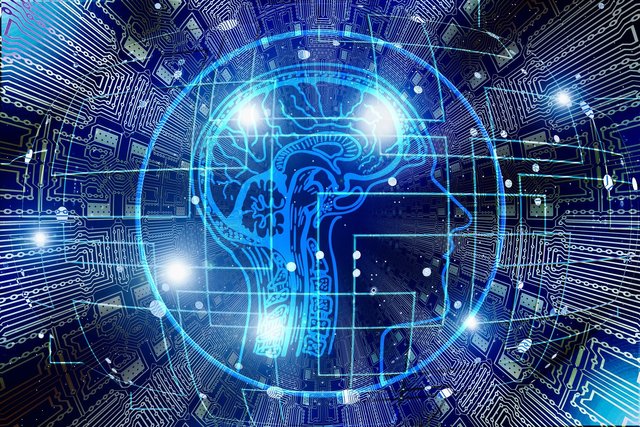10 Ways That Technology Has Destroyed Privacy
Everyone has the right to the right to privacy. It is a fundamental human right that belongs to the first generation of human rights — except for technology, it is not so! Today, there is much controversy surrounding privacy as its definition varies globally. Technology has many advantages, but it has not helped on this front. If anything, its development has created confusion in understanding privacy as a fundamental human right.
Widespread security issues continue to undermine privacy protections. They need constant control and monitoring of what is happening in this world. Given the many benefits of technology, privacy is often overlooked despite its importance. Here, we look at ten ways technology has destroyed privacy.
1. Social media: The rise of social media platforms has made it easier than ever to share information about us online. While this has connected us in new and exciting ways, it has also made it easier for companies and governments to track and collect our personal data.
2. Smartphones: Our smartphones are constantly collecting data about our location, search history, and other personal information, and this data can be accessed by companies, governments, and hackers.
3. Internet of Things (IoT) devices: The proliferation of IoT devices, such as smart thermostats, security cameras, and smart appliances, has made it easier for companies and governments to track and collect data about our daily lives.
4. Facial recognition technology: Facial recognition technology has become increasingly sophisticated in recent years, and it is now being used in a variety of settings, including law enforcement, retail, and marketing. However, this technology raises serious privacy concerns, as it can be used to track and monitor individuals without their knowledge or consent.
5. DNA testing: DNA testing kits, which allow individuals to learn more about their ancestry and health risks, have become increasingly popular in recent years. However, these kits often require customers to submit a saliva sample, which can be used to identify them and collect sensitive genetic information.
6. Surveillance cameras: Surveillance cameras are becoming more common in public spaces, and they can be used to monitor and track the movements of individuals. While these cameras may be intended to increase public safety, they also raise concerns about privacy.
7. Drones: Drones equipped with cameras and other sensors can be used to monitor and collect data about individuals and their activities. While drones can be useful for a variety of purposes, including search and rescue and delivery services, they also raise concerns about privacy.
8. Wearable technology: Wearable technology, such as fitness trackers and smartwatches, can collect a wealth of personal data, including location, heart rate, and other health metrics. While these devices can be useful for tracking personal progress and improving health, they also raise concerns about privacy.
9. Electronic voting machines: Electronic voting machines, which are used in many countries around the world, can be vulnerable to hacking and other forms of interference. This raises concerns about the security and privacy of individual votes.
10. Predictive analytics: Predictive analytics is a powerful tool that can be used to analyze large amounts of data in order to make predictions about future events or behaviors. While predictive analytics can be used for a variety of purposes, including marketing and risk assessment, it also raises concerns about the privacy of the individuals being analyzed.
